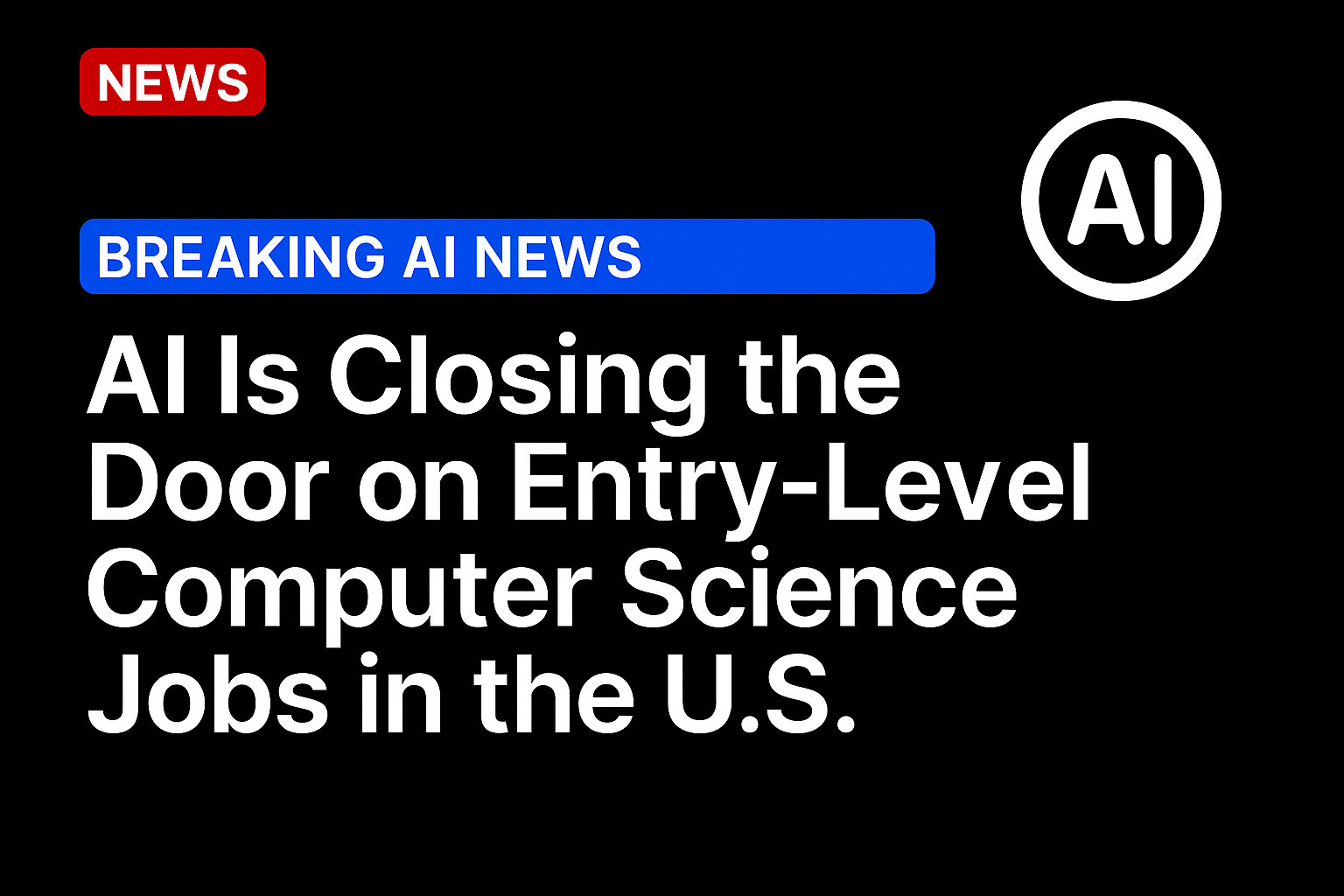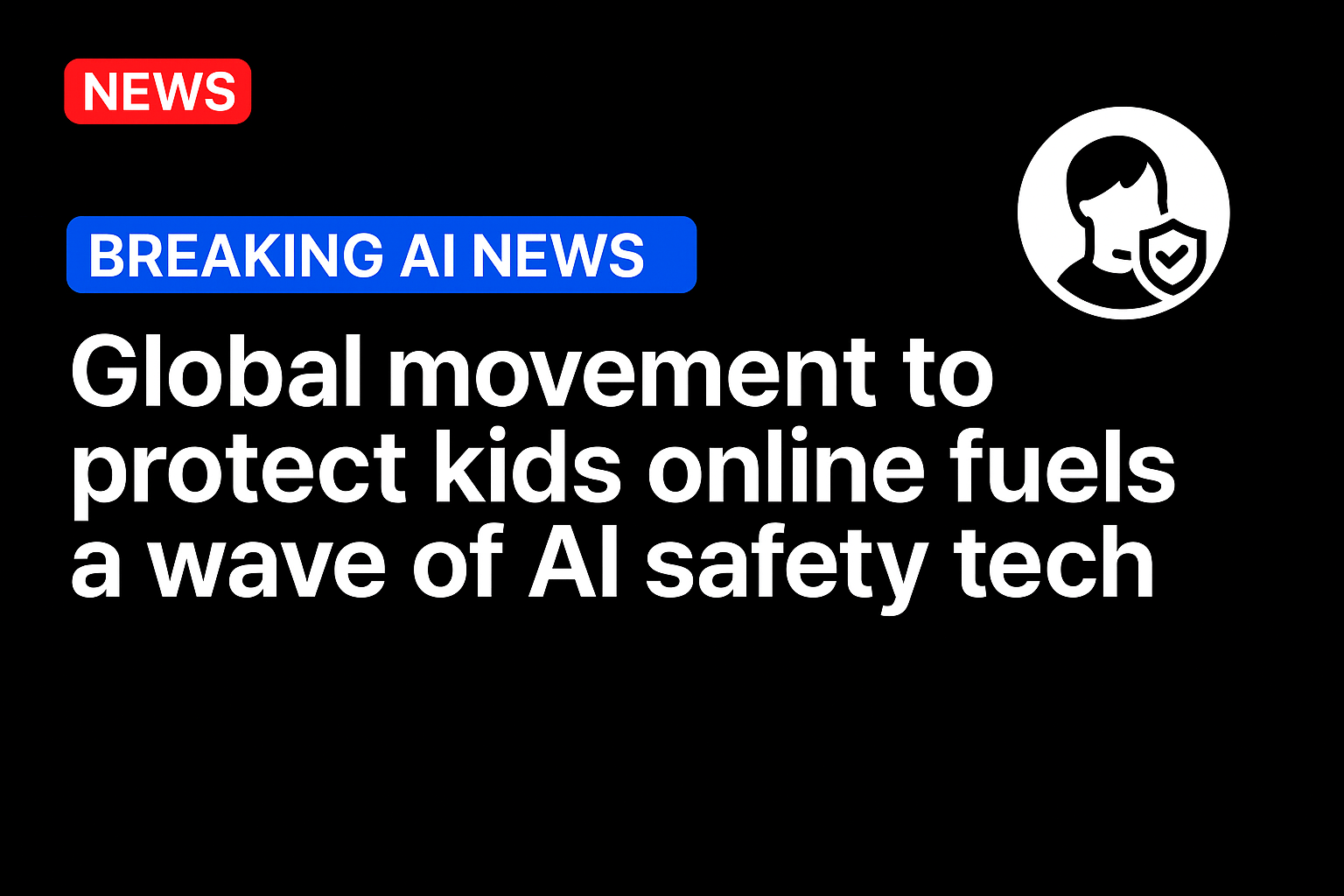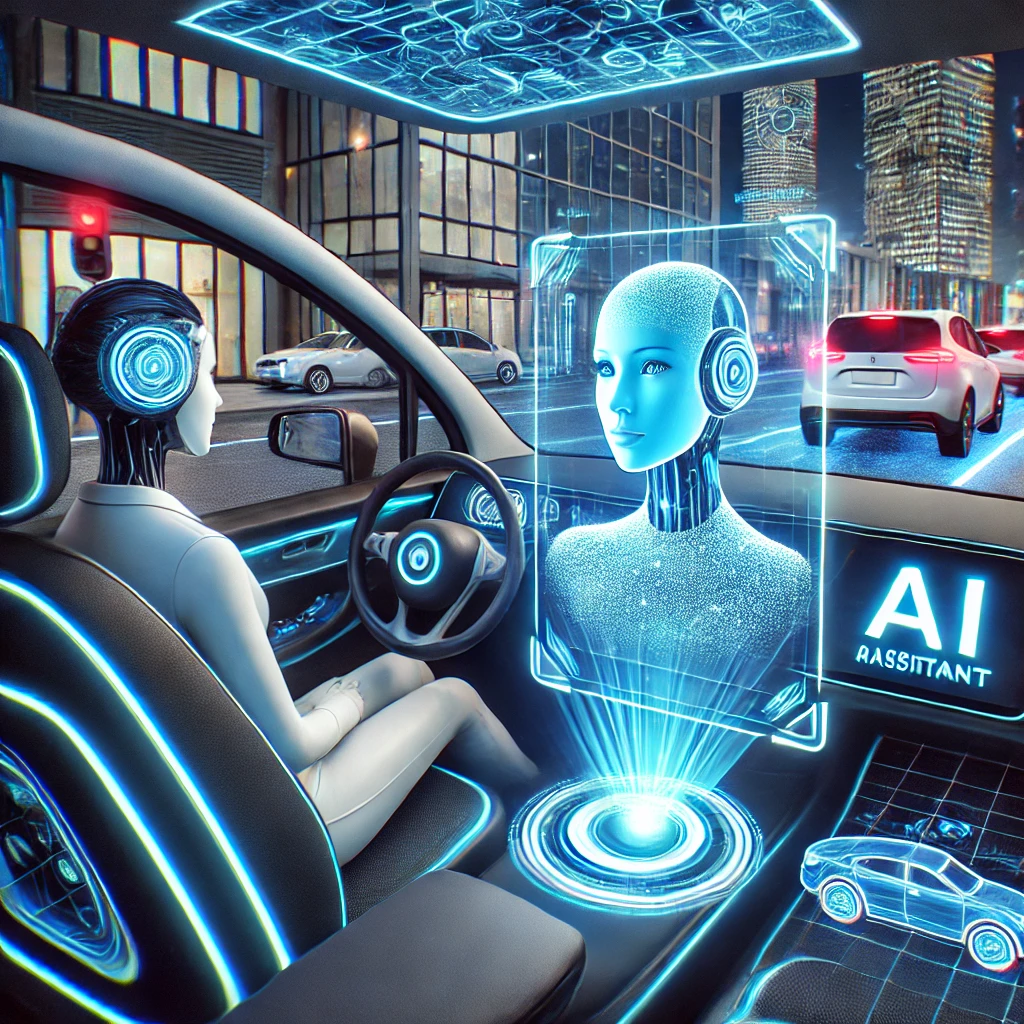U.S. Education & Tech — The pathways that once led computer science graduates to well-paying entry-level roles have begun to narrow drastically, as AI increasingly takes over coding, interviewing, and task delegation.
Key Industry Shifts
- Disappearing human oversight in hiring
AI-driven recruitment tools increasingly screen out applicants before human review. Combined with automated coding tools, the once-first rungs of tech careers have thinned significantly.
The Atlantic+11PBS+11The Times of India+11The Financial Express+2The Times of India+2The Times of India - Fewer opportunities, lower morale
The contrast with 2012 is stark: entry-level salaries and hiring were robust then, but now graduates face outdated promises and fewer openings—often sidelined before they even start.
The Times of India - Bootcamps in decline
Intensive coding bootcamps that once offered fast-track tech entry have seen job placement rates fall sharply—from 83% in 2021 to just 37% in 2023—as AI handles tasks traditionally assigned to junior developers.
IT Pro+15Reuters+15The Week+15 - Entry-level roles evaporating fast
Projections suggest up to 50% of entry-level tech jobs may vanish within five years, particularly those involving routine programming, debugging, or support tasks.
9meters - Gen Z hit hardest
A Goldman Sachs economist warns that early-career tech workers—especially Gen Z—are the most vulnerable to AI-driven automation.
IT Pro+15Dataconomy+15Cybernews+15Barron’s+11The Atlantic+11The Times of India+11
Broader Labor Trends & Responses
- Sales drop despite growth in applications
Many companies have cut graduate hiring by more than 50% since 2019, citing AI as a factor, along with economic tightening.
The Economic Times - Entry-level churn and underemployment
The unemployment rate for recent grads rose from ~4% to as high as 6.6%, with 41% underemployed, struggling to find meaningful roles or internships.
Reuters+15The Week+15eWEEK+15 - Shift in hiring norms
In the face of AI disruption, employers increasingly value soft skills—like critical thinking, teamwork, communication—that AI struggles to match.
The Economic TimesarXiv - Possible mismatch over blame
Some argue the real culprit isn’t AI, but mismatched skills—graduates often don’t align their training with job market needs. As of mid-2025, just ~9% of U.S. businesses were using AI tools.
arXiv+4arXiv+4Wikipedia+4Barron’s
Summary: A Changing Career Landscape
| Trend | Impact |
|---|---|
| AI-driven hiring & automation | Removes traditional entry points for grads |
| Bootcamp outcomes slumping | Faster yet more fragile tech entry paths |
| Software development jobs shrinking | Less demand for junior process roles |
| Skill misalignment | Gaps between education and industry needs |
| Growing soft-skill demand | Flexibility, creativity now vital career tools |
Bottom Line
AI’s rise is reshaping the tech job entry ladder—code can now be written, debugged, and even evaluated by algorithms. For new grads, the challenge is clear: narrow badging and credentials won’t cut it. Adaptability, human insight, and uniquely human leadership may be the only ticket into meaningful tech careers.





